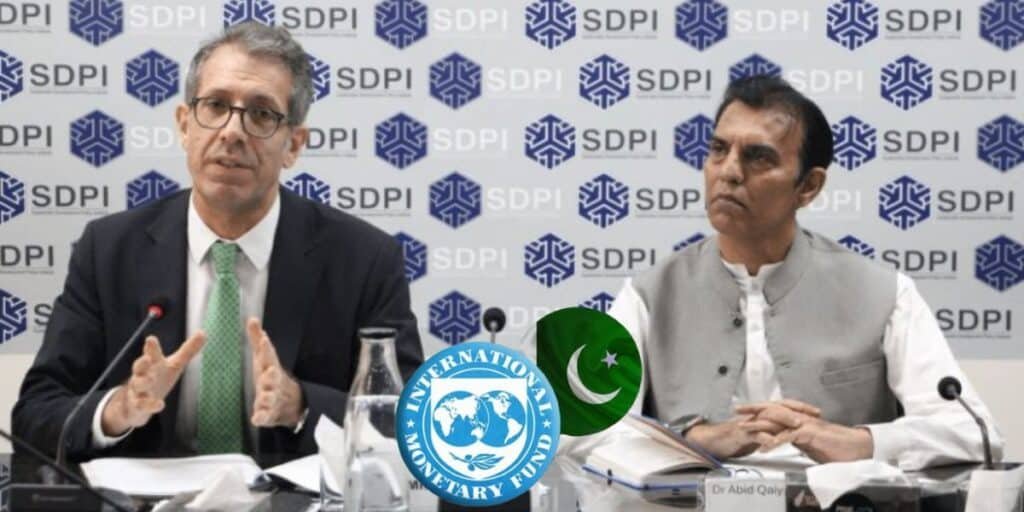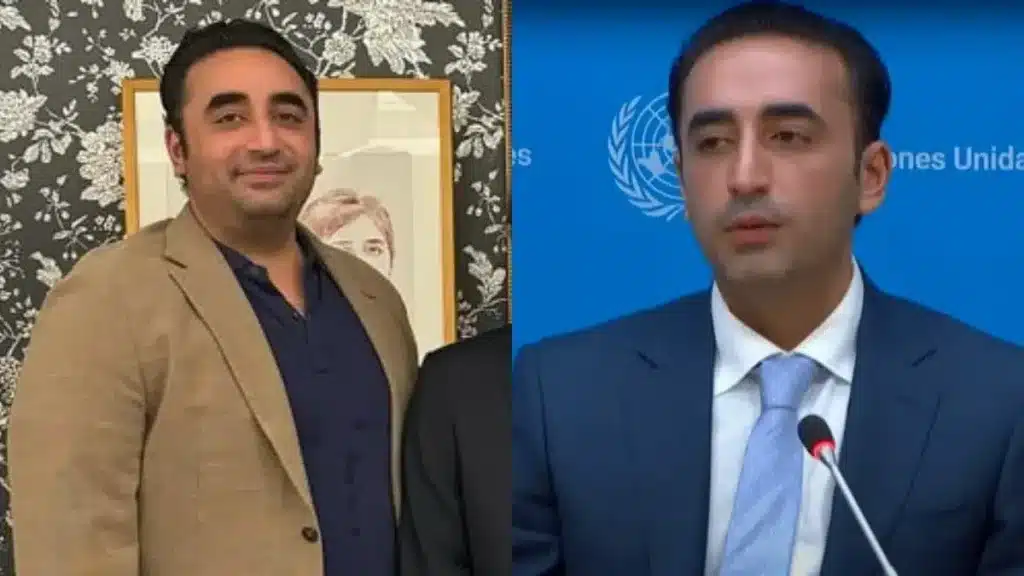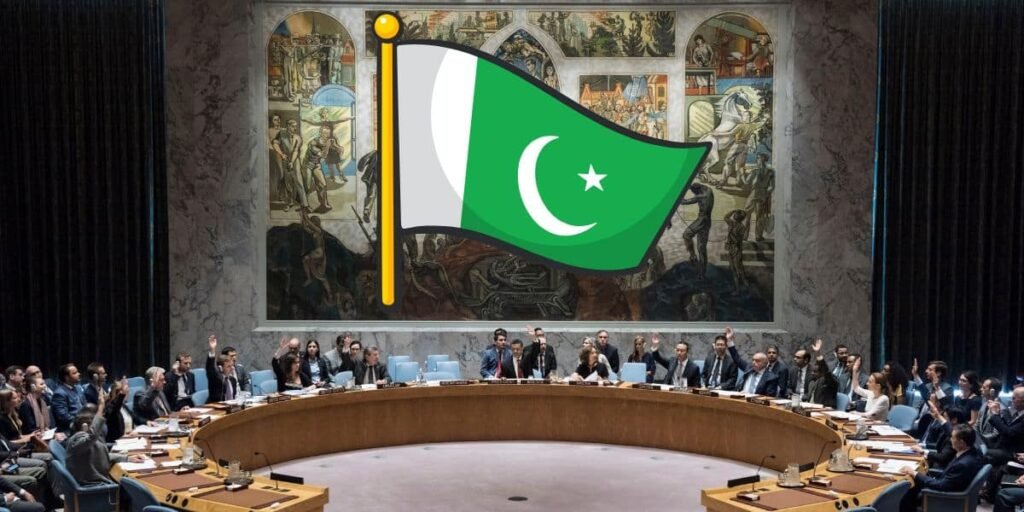Webdesk: A senior official from the International Monetary Fund (IMF) said on Sunday that economic growth in the Middle East, North Africa (MENA) region, and Pakistan is likely to pick up pace in 2025 and beyond. However, he warned that global uncertainty remains a serious concern and could affect overall economic progress.
Addressing a comprehensive guest lecture at the Sustainable Development Policy Institute (SDPI), IMF Resident Representative in Pakistan, Mahir Binici, warned of the dangers of escalating trade tensions, an expansion in geopolitical divisions, and weakening international collaboration, according to media reports.
In a press release, Binici confirmed the IMF had renewed its intention of assisting Pakistan in its economic and climate transformation initiatives. He also emphasised responsible and visionary policymaking as a pathway towards long-term stability in the country.
Regarding the economic performance of Pakistan, Binici mentioned that the country has demonstrated relatively good progress under the Extended Fund Facility (EFF) of the IMF, citing a timely accomplishment to have happened in May 2025, when the IMF executive board completed the first review of the program.
He pointed out that structural reforms are vital for the country’s long-term financial health. These include efforts to make the tax system fairer, improve the business environment, and encourage private sector investment.
“Early policy measures have helped restore macroeconomic stability and rebuild investor confidence, despite persistent external challenges,” Binici said. He further recognised the progress that Pakistan has shown in dealing with climate issues by leveraging the IMF’s Resilience and Sustainability Facility (RSF).
He described specific reforms being undertaken under the RSF that included improvements in the planning of public investment in water resource management, improved coordination between institutions to enhance disaster response and funding, increased openness of climate data, and increased transparency of data.
Binici added that the RSF support “will not only strengthen Pakistan’s climate resilience but also help unlock green investments and foster a more climate-conscious economic trajectory.”
The lecture ended with a discussion on key topics like fiscal and monetary policy, foreign reserves, and the role of global financial institutions. Earlier, SDPI Executive Director Dr Abid Qaiyum Suleri spoke about the importance of international cooperation in helping Pakistan move towards sustainable development.
Read more: Modi government faces backlash over Hindi language push






